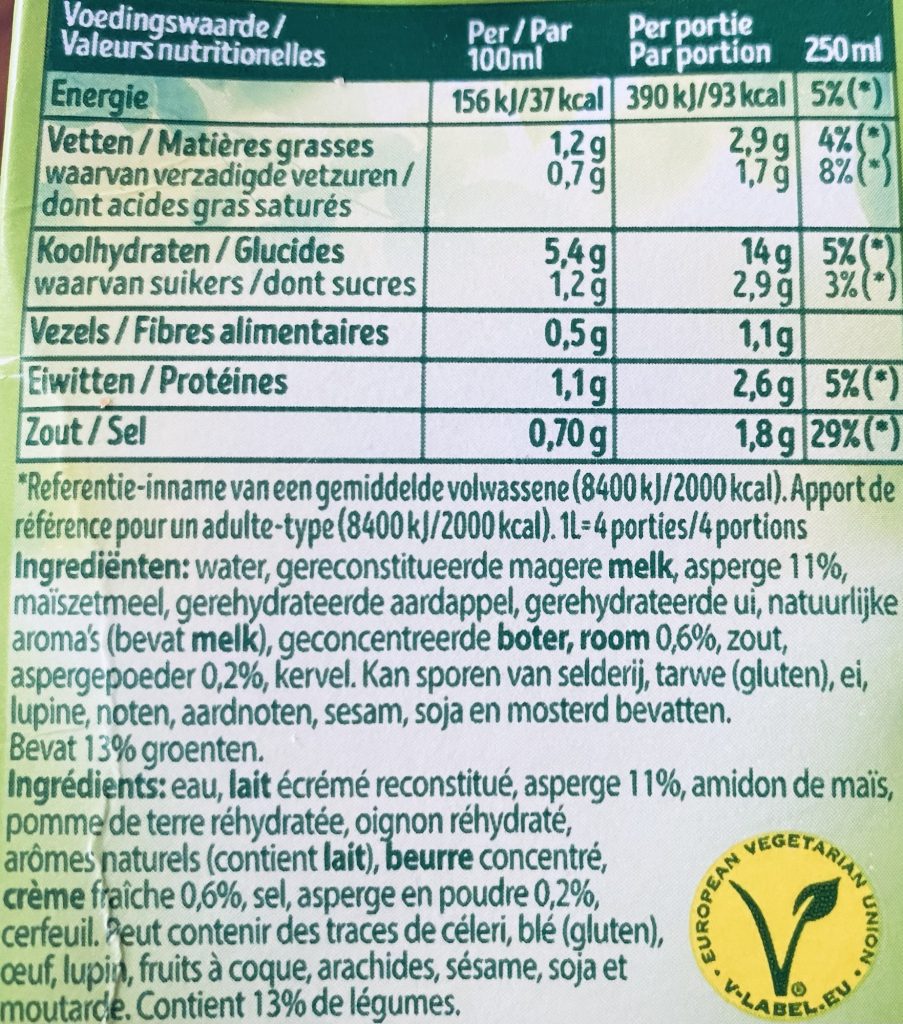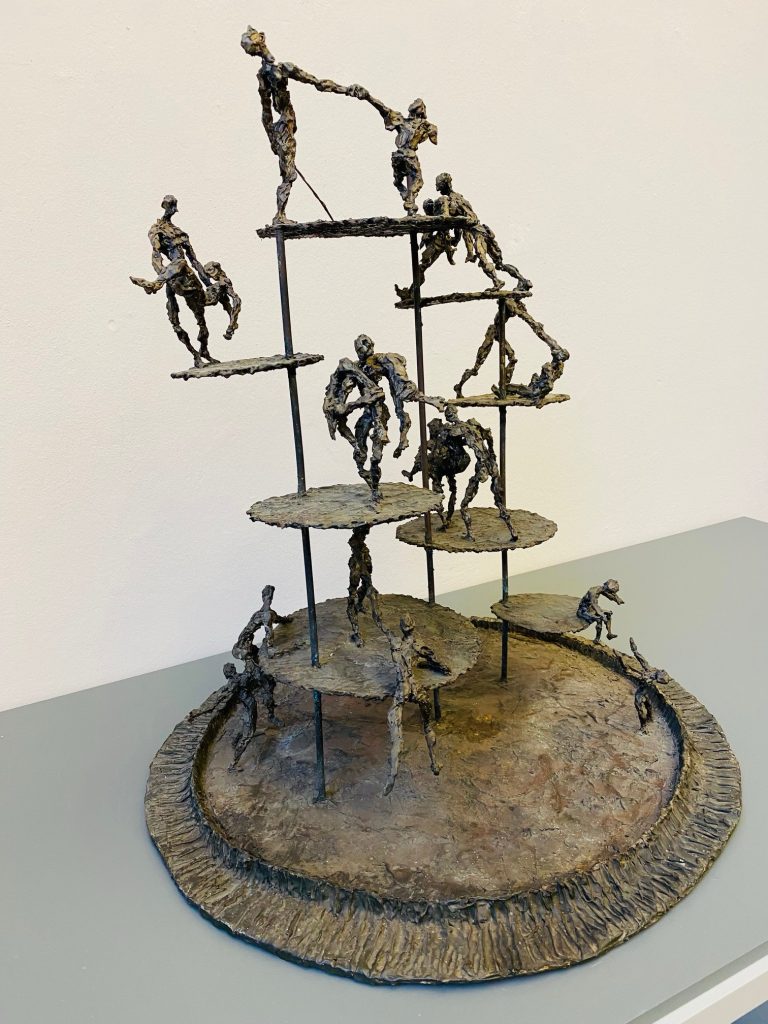In the period of romanticism the associations with a blue sky were very different from today. Getting out into the sun was a kind of privilege for the “leisure class”, of people who could afford to enjoy time outside for boating, walking or other pleasures. In our technology-driven 21st century the associations with Blue Sky are more like a technically enhanced view through for example “Windows” at the news and opinion platform or “Bluesky”.
Several scientific websites that report data on blue skies and air quality more generally across the world report indicators like ozone values O3, sun intensity, micro particles 2.5µm and 10µm, Nitrogen Dioxid NO2 to name the mostly quoted indicators. Hence, just enjoying the blue sky outside isn’t the same as it was before. People working outside in the sun or at times of a blue sky but with high air pollution levels are incurring severe medium-term health risks. The Ozon layers at very high altitudes protect our skin and eyes against high UV-radiation, but O3 on the ground is tough for eyes and lungs.
Technology has come with many blessings, but the negative effects on a global scale become also more evident. Getting used to a particular lifestyle, which produces lots of emissions of aggressive fine particles will make it more difficult to just simply enjoy a blue sky.
In consideration of all these background data with regional variations, we surely need an AI-system which we can ask for advice, whether we should go outside and enjoy the blue sky with or without respiratory mask.
Romanticism has led us all the way to Californication and dangerous enshittification of the air that surrounds us. Youth and the next generations will have very different associations with Blue Sky than we have the chance to, at least, have had. 
Processed food
We eat a lot of pre-processed food. Our busy work schedules allow us to take only short breaks for meals in order to get more work done while in office or at work in general. The intensification of work has reached the next level and we move from pre-processed food to ultra-processed foods (UPFs). In medical journals and nutrition recommendations the warnings to not eat too much ultra-processed foods are abundant. The signs of obesity in societies reach higher levels from year to year. Especially younger people seem to be at higher risks to consume a lot of ultra-processed foods. Freisling et al. highlight the “risk of multimorbidity of cancer and cardiometabolic diseases” due to UPFs. The discussion between scientists is a lot on which UPFs are most harmful (beyond animal origin or and artificially sweetened beverages) and/or whether it is the combination of UPFs that additionally increases the danger of UPFs. Preventing the “too much of each” is probably the safest recommendation. Being able to read the nutrition information on the labels is already a difficult task. Just making the information abundant and very small print discourages most efforts to compare across products. Learning about basic human needs like food has never been more difficult. Combined with “shrinkflation” we have a hard time to make informed choices of what to buy and eat. There are many hurdles to overcome for a healthy meal.

Tobacco
The documentation on tobacco slaves has already been told many times. It is astonishing that the medical journal The Lancet just published another short article on the tobacco industry and slave trade. In fact it is the enslaving practice of only buying tobacco leaves from farmers who previously had taken out a loan from the tobacco company. The control of the tobacco supply chain creates a slavish type of relationship between buyers and sellers. The dependency created leaves most tobacco farmers with no choice but to accept the conditions of the big multinational companies.
Taking the issue of slavery even further we might go as far as condemning the advertisement of tobacco and smoking in the neighborhood of schools as an attempt to enrol tobacco slaves. Only few young people manage to give up tobacco smoking later on with already acquired serious health conditions. Helping to break the vicious circle of dependency as a form of slavery to a drug is hard to accomplish. Specialized medical centers are rare and expensive. Pathologising smoking would be worthwhile rather than other diagnoses where easy to perform physical exercise could do a lot for prevention. Helping people to quit smoking or never start with it would be such a big step ahead.


